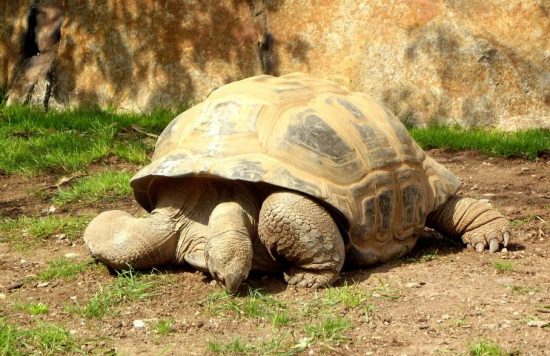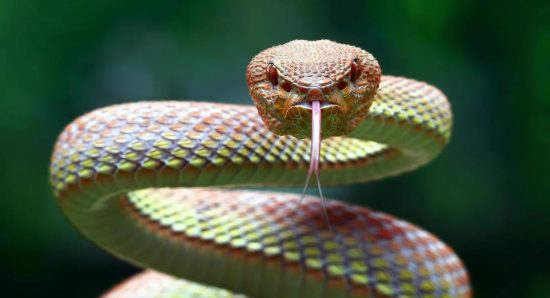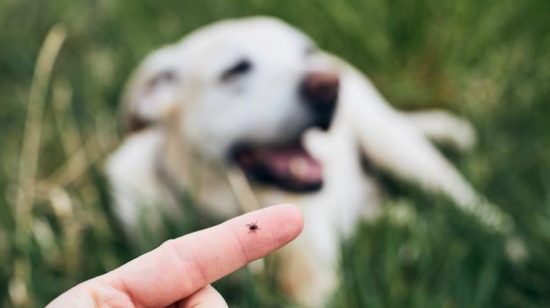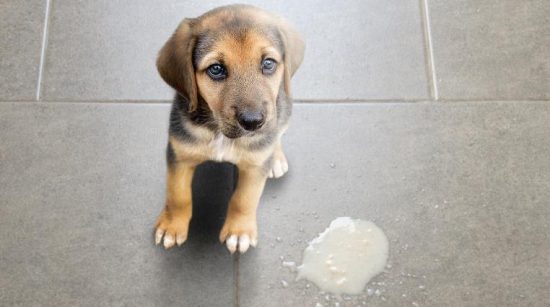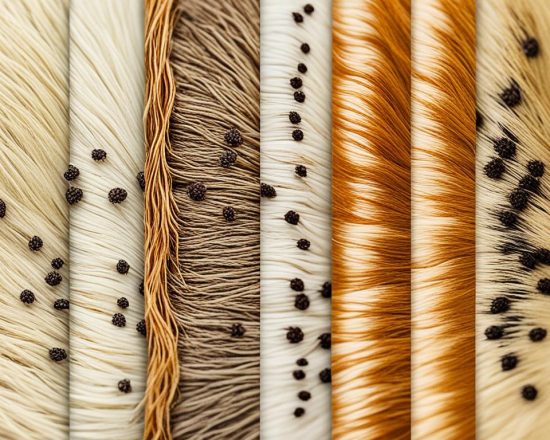How Long Do Bearded Dragons Live? Their Average Lifespan
How long do bearded dragons live? On average, bearded dragons live 8-12 years with proper care, diet, and habitat in captivity. Some may even reach 15 years!
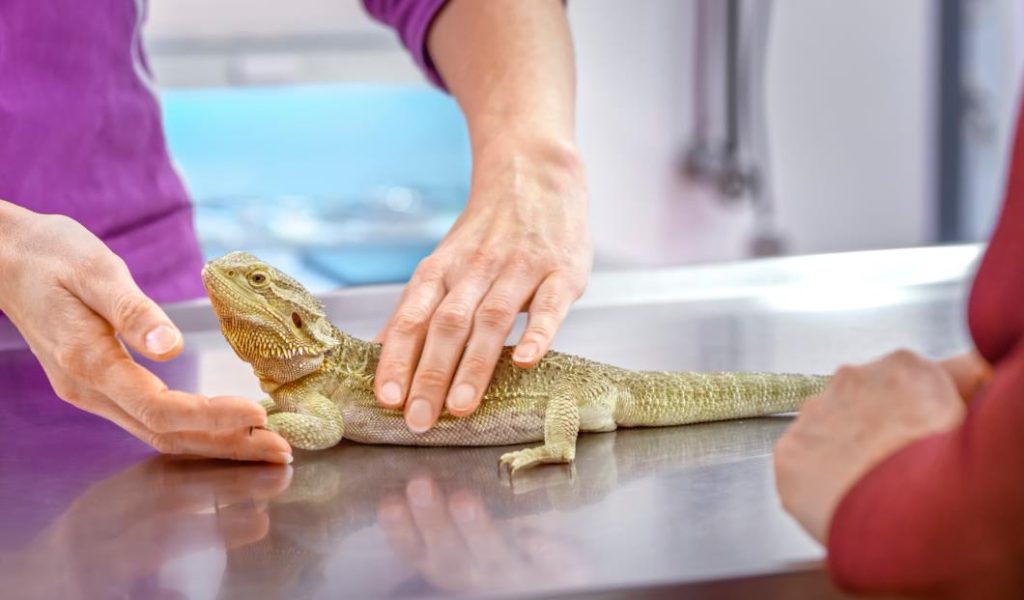
Did you know that the oldest bearded dragon on record lived to a remarkable 18 years of age? While these captivating reptiles typically have a lifespan of around 10 years, their potential for longevity is quite remarkable. As a popular pet choice, understanding the average lifespan and factors influencing the well-being of bearded dragons is crucial for providing them with the care and environment they need to thrive. Whether you’re a seasoned reptile owner or considering adding a bearded dragon to your family, this article will explore the intriguing world of their life expectancy and the keys to maintaining their health and happiness.
Bearded dragons are fun and gentle pets that have become a favorite for reptile owners. Like all pets, the life expectancy of bearded dragons should be carefully considered, in addition to the suitability for the household. So, how long do bearded dragons live? Bearded dragons in captivity have a life expectancy of around 10 years, although the oldest bearded dragon on record lived to 18 years. The single most important factor to keep your bearded dragon healthy and living a long life is husbandry, which includes feeding, lighting, temperature, veterinary care, and more.
Introduction to Bearded Dragon Lifespan
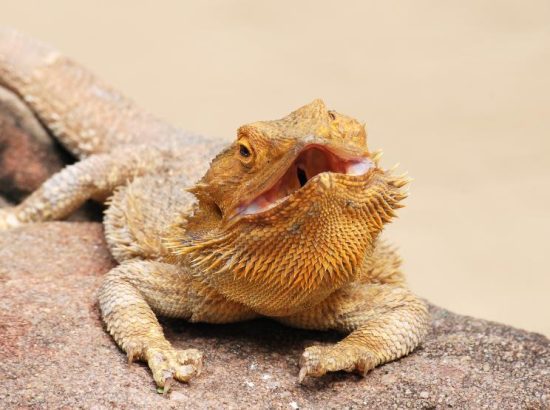
Bearded dragons have become a popular pet choice due to their gentle and personable nature. These fascinating reptiles, originally from central Australia, have captivated the hearts of many reptile enthusiasts in the United States. While it is now illegal to export wild bearded dragons, all those found in American households are bred in captivity.
The lifespan of a bearded dragon can be influenced by various factors, including its genetics, the quality of its husbandry, its diet, and its overall health. As do bearded dragons know their owners? and do bearded dragon bites hurt? are common questions among new and experienced owners alike, understanding the nuances of bearded dragon longevity is crucial for providing them with the best possible care.
With their engaging personalities and relatively low-maintenance care requirements, bearded dragons have become a beloved choice for many reptile enthusiasts. However, their lifespan can be impacted by various factors, from genetic predispositions to the quality of their living environment and dietary intake. By being mindful of these variables, owners can help ensure their bearded dragons live long, healthy, and enriching lives.
Average Bearded Dragon Lifespan
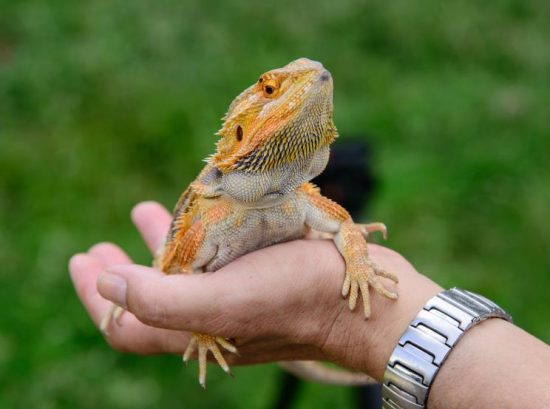
Bearded dragons have become increasingly popular pets, and with proper care, they can live a long and healthy life. The average lifespan of a domestic bearded dragon is typically between 8 to 10 years. This is a significant contrast to their wild counterparts, who often only live a fraction of that time due to the harsh realities of their natural environment, including predation and inconsistent access to food, water, and veterinary care.
Captive vs Wild Lifespan
In the wild, bearded dragons face numerous challenges that can severely limit their lifespan. Predation from larger animals, lack of consistent nutrition, and exposure to the elements all contribute to a much shorter life expectancy for wild bearded dragons. On the other hand, domestic bearded dragons kept as pets and provided with the proper habitat, diet, and veterinary care can live significantly longer lives.
Maturity and Breeding
Bearded dragons reach sexual maturity between 1 and 2 years of age, although some may become sexually mature as early as 6 months old. During this time, they will begin to display courtship behaviors and, for females, may lay eggs multiple times throughout the year. It’s important to note that the how do i know if my bearded dragon is happy? can vary depending on the individual dragon’s age, maturity, and overall health and well-being.
How Long Do Bearded Dragons Live?
While bearded dragons in captivity have a life expectancy of around 10 years, the oldest bearded dragon on record lived to an impressive 18 years. This demonstrates the significant potential for bearded dragons to live much longer than the average lifespan, provided they receive the proper care and are maintained in an optimal environmental condition.
The record-holding bearded dragon that lived to 18 years old is a testament to the longevity these fascinating reptiles can achieve with dedicated owners who prioritize their health and wellbeing. This exceptional lifespan surpasses the typical 8-10 year range and underscores the importance of meticulous husbandry practices in supporting a bearded dragon’s natural potential for long life.
Factors Influencing Bearded Dragon Longevity
Ensuring the longevity of bearded dragons requires understanding the various factors that can impact their lifespan. From genetics and inbreeding to proper husbandry and common health issues, each element plays a crucial role in determining the overall well-being and life expectancy of these captivating reptiles.
Genetics and Inbreeding
Inbreeding is a significant concern in the bearded dragon community, as it can lead to a host of genetic issues, including malformations and deformities. While genetics may play a role in determining life expectancy, the majority of life-threatening health conditions in bearded dragons are secondary to poor husbandry and care.
Husbandry and Care
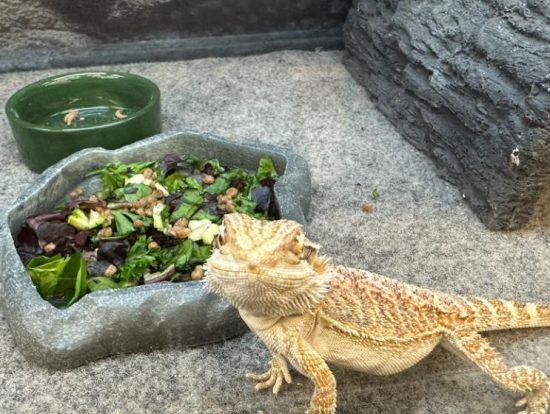
Proper husbandry practices, such as maintaining the correct temperature, lighting, humidity, and diet, are essential for ensuring the long-term health and longevity of bearded dragons. Metabolic bone disease, kidney diseases, and periodontal issues are highly prevalent in bearded dragons that have been cared for improperly, often due to inadequate ultraviolet light exposure and lack of calcium supplementation.
Common Health Issues
In addition to husbandry-related health problems, bearded dragons can also suffer from other common issues, such as those stemming from improper quarantine procedures when introducing new reptiles to a household. Overcrowding can also lead to injuries and trauma, further compromising the overall well-being of these beloved pets.
Providing Proper Housing and Environment
To provide the best chance for a long and healthy life, bearded dragons require a carefully designed enclosure with the proper size, lighting, temperature, humidity, and substrate. The right living environment is crucial for their overall well-being and longevity.
The enclosure should be at least 2-3 times the size of the bearded dragon, allowing them ample space to move around and thermoregulate. The setup should include a basking area, a cooler end, and appropriate hides or shelters for the bearded dragon to feel secure.
Bearded dragons require a precise temperature gradient, with a basking spot reaching 38-42°C and a cooler end around 22-26°C. Appropriate UVB lighting is essential for their calcium and vitamin D3 metabolism, preventing health issues such as metabolic bone disease.
Bearded dragons thrive in low-humidity environments, typically around 30-40%. The substrate should be chosen carefully to maintain the proper humidity levels and allow for easy cleaning and waste removal. Suitable substrates include reptile carpet, paper towels, or specialized bearded dragon substrates.
Nutrition for Longevity
Proper nutrition is crucial for a bearded dragon’s health and longevity. They require a balanced diet consisting of leafy greens, vegetables, and appropriately sized live insects, such as dubia roaches, superworms, and crickets. The specific dietary requirements vary depending on the bearded dragon’s life stage.
Young, growing bearded dragons have different nutritional needs compared to adult or senior bearded dragons. Juveniles require a diet higher in protein to support their rapid growth, while adults need a diet focused on leafy greens and vegetables to maintain a healthy weight and organ function. As bearded dragons age, their dietary requirements may need to be adjusted to ensure they are receiving the proper balance of nutrients.
Calcium and vitamin supplements are necessary to prevent metabolic bone disease and other nutritional deficiencies in bearded dragons. The amount and frequency of supplementation should be tailored to the bearded dragon’s life stage, as the specific requirements can vary. Proper lighting and UVB exposure also play a crucial role in calcium and vitamin D3 metabolism, further highlighting the importance of a comprehensive husbandry approach.
Veterinary Care and Health Monitoring

Regular veterinary check-ups and preventive care are essential for maintaining a bearded dragon’s health and longevity. This includes yearly exams, bloodwork, and fecal parasite testing. By staying proactive with a healthcare routine, owners can catch any potential issues early and ensure their bearded dragon remains in optimal condition.
Regular Check-ups and Preventive Care
Scheduling annual veterinary visits is crucial for bearded dragons. These check-ups allow the veterinarian to assess the overall health of the animal, conduct necessary testing, and provide recommendations for any adjustments to the bearded dragon’s care. Preventive measures, such as parasite screenings and vaccinations, can also be addressed during these routine appointments.
Signs of Illness and Stress
Being able to recognize the signs of illness and stress in a bearded dragon is important for providing prompt medical attention. Changes in appetite, lethargy, diarrhea, vomiting, and abnormal behaviors can all indicate an underlying health concern. Owners should closely monitor their bearded dragon’s condition and seek veterinary advice if they notice any concerning symptoms.
Brumation and Seasonal Changes
Bearded dragons are known to enter a state of hibernation-like dormancy called brumation during the cooler months. This is a natural process that allows them to conserve energy and adapt to the changing seasons. During brumation, bearded dragons may sleep for extended periods, with reduced activity, appetite, and metabolic rate.
It is important for bearded dragon owners to closely monitor their pets during the brumation period. Owners should ensure the enclosure maintains the appropriate temperature range and that the bearded dragon is not losing too much weight or experiencing any other health issues. Providing a slightly lower basking temperature and reducing the frequency of feeding can help facilitate a smooth brumation process.
While brumation is a natural and necessary part of a bearded dragon’s life cycle, it is crucial to watch for signs of distress or illness, such as lethargy, lack of appetite, or weight loss. Seeking veterinary advice if any concerns arise can help ensure the bearded dragon’s well-being and a safe emergence from brumation in the spring.
Handling and Hygiene
Proper handling techniques and maintaining a clean and hygienic enclosure are essential for a bearded dragon’s overall health and well-being. Bearded dragons should be handled gently and supported to avoid stress or injury. The enclosure should be cleaned regularly, including removing uneaten food, maintaining proper substrate, and disinfecting the habitat.
Proper Handling Techniques
When handling a bearded dragon, it’s crucial to be gentle and provide adequate support. Always scoop the bearded dragon from underneath, supporting its entire body to prevent it from feeling insecure or struggling. Avoid grabbing the lizard by its tail or legs, as this can cause injury. Introduce your hand slowly and allow the bearded dragon to climb onto it voluntarily. Speak calmly and move slowly to minimize stress and ensure a positive handling experience.
Enclosure Cleaning and Maintenance
Maintaining a clean and hygienic enclosure is crucial for a bearded dragon’s health and longevity. The enclosure should be spot-cleaned daily, removing any uneaten food, waste, and soiled substrate. A thorough cleaning, including disinfecting the habitat, should be performed weekly or bi-weekly, depending on the size of the enclosure and the number of occupants. Proper substrate, such as paper towels or reptile-safe bedding, should be replaced regularly to prevent the buildup of bacteria and odors.
FAQs on how long do bearded dragons live
How long do bearded dragons live as a pet?
Bearded dragons in captivity typically live 8-10 years, with the oldest recorded bearded dragon living to 18 years old.
Can a bearded dragon live for 30 years?
No, bearded dragons do not typically live for 30 years. The average lifespan of a bearded dragon in captivity is around 8-10 years, with the oldest recorded bearded dragon living to 18 years old.
Are bearded dragons hard to keep alive?
Bearded dragons can be relatively easy to care for, but maintaining proper housing, lighting, temperature, humidity, diet, and veterinary care is essential to keep them healthy and living a long life. With the right care, bearded dragons can be hardy and long-lived pets.
How long do bearded dragons live in a tank?
Bearded dragons in captivity, such as in a tank or enclosure, typically live 8-10 years on average. However, the oldest recorded bearded dragon lived to 18 years old, demonstrating their potential for longevity with proper care.
How do I know if my bearded dragon is happy?
Signs that a bearded dragon is happy and healthy include a bright, alert demeanor, a healthy appetite, regular bowel movements, and active exploration of their enclosure. They may also display behaviors like basking, climbing, and interacting with their owner.
Do bearded dragons know their owners?
Yes, bearded dragons can become accustomed to and recognize their owners over time. They may display signs of familiarity, such as approaching their owner or allowing gentle handling, indicating a level of trust and bonding.
Do bearded dragon bites hurt?
Bearded dragon bites can be painful, as their jaws are strong and their teeth are sharp. However, they are generally not aggressive and will only bite if they feel threatened or frightened. Proper handling and socialization can help minimize the risk of bites.

